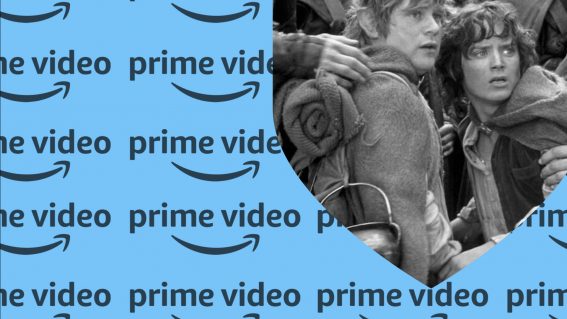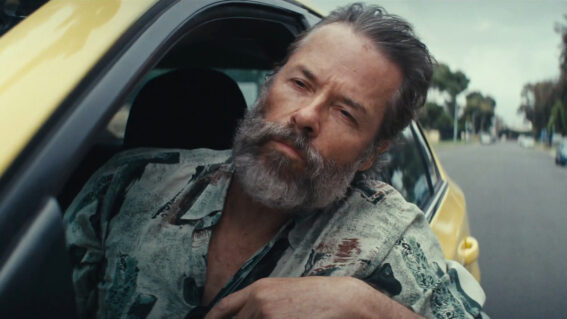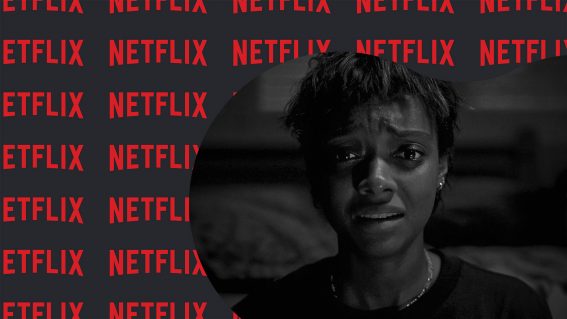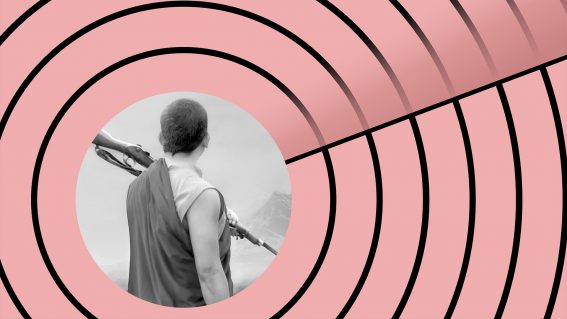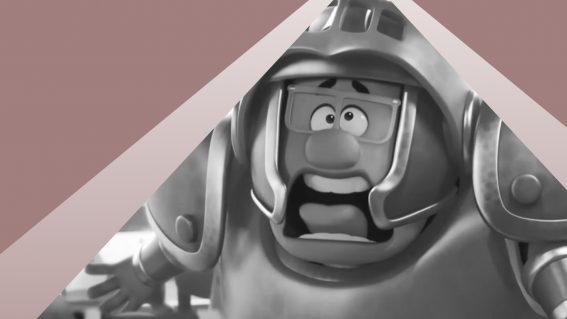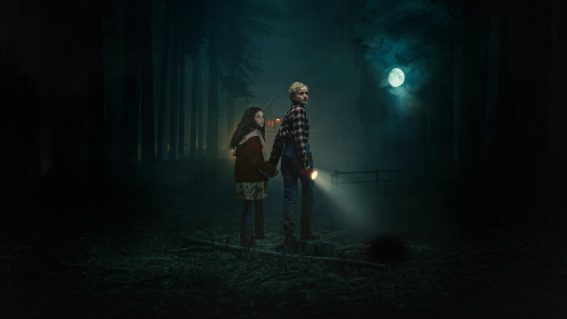A Dungeons & Dragons movie? Here’s why I think it’ll be absolute rubbish
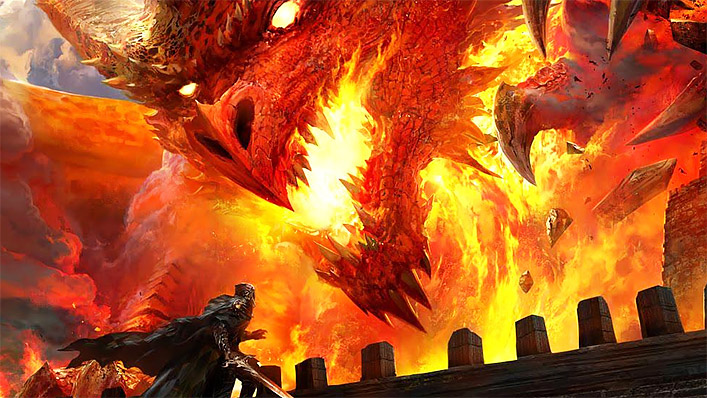
It was recently announced that a new movie adaptation of Dungeons & Dragons is in the works. But Travis Johnson, who’s been rolling the D&D dice for decades, isn’t excited. Here’s why he reckons the new film will be a terrible trudge.
It’s always exciting when two of your nerdy circles are suddenly a Venn diagram with you right in the middle. Such was a case for many geeks of a certain stripe when it was recently announced that a new movie based on the venerable tabletop role playing game Dungeons & Dragons was gearing up for production.
The details are fairly nebulous at this point. Jonathan Goldstein and John Francis Daley (co-writers of Spider-Man: Homecoming and directors of Game Night) are behind the DM screen on this one, and the production team are making a called shot for an October 2021 release date. The pair left the seemingly cursed Warner Brothers DCEU production Flashpoint to take up Dungeon duties, replacing outgoing director Chris McKay (The LEGO Batman Movie). Everything else is just supposition.
But hey, supposition can be fun – Christ, it’s 99% of what passes for film journalism these days. So why should we be any different? The difference here is that, having given the moment more than three seconds of thought, it’s fairly obvious that a D&D movie has about a 99% chance of being absolute rubbish. Now let’s talk about why.
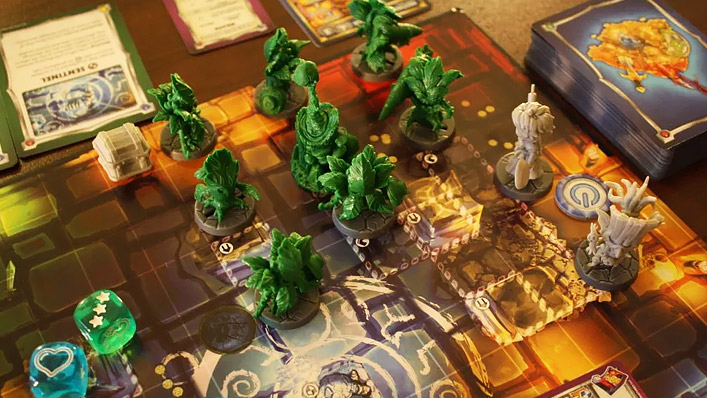
I Cast Magic Missile at the Darkness
If you’re not au fait with Dungeons & Dragons, here are the CliffsNotes. D&D is a cooperative, collaborative high fantasy game wherein a small group of players each controls a single character that exists in the game world, and another player, called the Dungeon Master, guides them through a series of adventures. For fantasy, picture Tolkien with the serial numbers filed off and you can’t go too far wrong (unless you’re picturing Eragon, in which case you’ve really skipped a groove).
D&D is just the most visible example of the tabletop role playing game (RPG) hobby; there are hundreds of games covering dozens of genres, from sci-fi to horror, comedy, espionage, historical and more. The fortunes of the wider hobby in general and D&D in particular have waxed and waned over the years, from being condemned as literally satanic in the 70s and 80s, to its current cultural ascendancy.
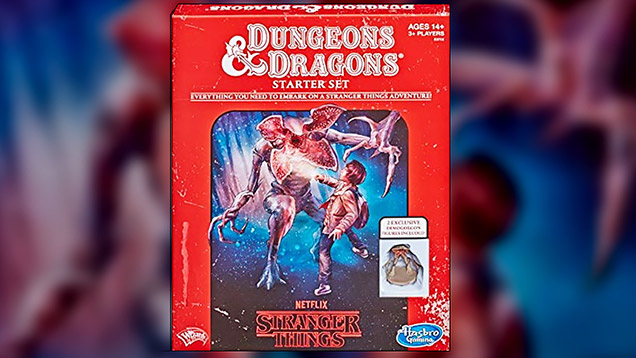
The Geek Shall Inherit the Earth
D&D’s current popularity is part ‘n’ parcel of the overall dominance of nerd culture. The popularity of sci-fi and fantasy is at an all time high. Superheroes, spearheaded by the Marvel Cinematic Universe, are now firmly in the mainstream. And with various nerd tribes finding common cause both online and at increasingly popular conventions (like Supanova, PAX and San Diego Comic Con) tabletop gaming has been dragged into the spotlight, along with everything else that was once the province of the terminally dorky.
While livestreamed game sessions, such as those by the hugely popular Critical Role collective, and “actual play” podcasts draw in millions of hits (not something I get in the slightest, but I never got watching someone else play a video game, either), D&D has been making cameos in the broader pop culture: an episode of Community here, a comic strip or two there. And, of course, an integral part in the narrative texture of Netflix’s Stranger Things, where the kids use the language of the game to frame their encounters with various weird entities that infest their town. There’s even a Stranger Things Dungeons & Dragons tie-in edition – corporate synergy at its finest.
With a cultural behemoth of such prominence currently splashing around in the zeitgeist, it’s pretty much inevitable that a movie version would be in the works. Studios know the value of brand name recognition, and D&D is the Coca-Cola of TTRPGs. Indeed, the current iteration has been in development under various creative teams since 2015. But this isn’t the first time Dungeons & Dragons has intruded onto the silver screen.
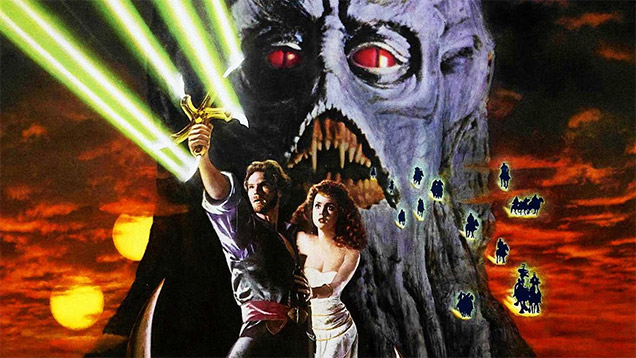
I Have No Memory of This Place
The first D&D movie wasn’t called D&D, it was called Krull. And it was, by and large, frickin’ awful. It almost wasn’t its fault; Krull was released in 1983 and back them most fantasy movies were terrible – they just didn’t seem to have the knack for bringing all that sword ‘n’ sorcery swagger to the screen without looking faintly embarrassed about the whole shebang. By the time it actually saw wide release, there was very little connective tissue between Krull and Dungeons & Dragons, and D&D co-creator Gary Gygax swore he had no memory of any deal with the producers of the film. But the accepted wisdom that, for a good chunk of its gestation, Krull was intended to be a D&D movie, rather than the misshapen bloody chimera of a film we wound up with.
We had to wait ‘til 2000 for an actual Dungeons & Dragons movie, and it was flat-out appalling. Directed by Courtney Solomon (not a name to remember) and starring a mixed bag of nobodies, slumming stars, character actors picking up a paycheque, and Marlon bloody Wayans, it’s a terrible trudge through a litany of fantasy clichés, lazy effects work, and cheese-gnawing performances, occasionally leavened by the pained appearance of Jeremy Irons, Tom Baker, or Richard O’Brien as they struggle to carry themselves with some dignity.
Proving we live in a godless universe, Dungeons & Dragons was followed by two sequels: Wrath of the Dragon God (2005) and The Book of Vile Darkness (2012) which were, if you can countenance it, even worse than their progenitors. Nobody wants to say it, but this is actually in keeping with the D&D brand, because, when you boil it down to its bones, on a conceptual level, D&D is basically…
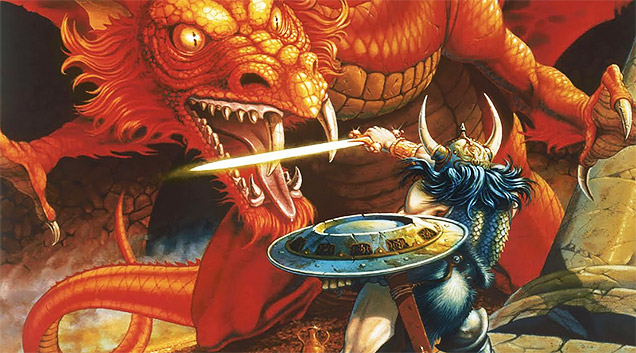
K-Mart Brand Knock-Off Tolkien Nonsense
Yes it is, and I say this as someone who has been rolling dice and talking in silly voices for three decades. D&D takes a whole swathe of fantasy influences, mills off the serial numbers, and puts them into a context where you can use them all for fun and, now at least, profit. For most folks that just means some kind of version of The Lord of the Rings, where a mixed bag of adventurers goes off on a quest to smash a dark lord, but in practice it plays as more akin to Terry Brooks’ Tolkien rip-off juvie prose, but dumber. Look in your heart – you know it to be true.
D&D games are not professionally told stories. They’re amateur dramatics with dice, and that’s as it should be. What that means is that the spirit of D&D is more in keeping with the cheesy fantasy movies of the ‘80s: fun, but generic. It really wasn’t until the concrete worldbuilding of Tolkien and even Rowling got transposed to the screen that we started to get fantasy movies that replicated the feel of good fantasy novels. They worked because the worlds depicted are optimized for telling the specific stories being written and, eventually filmed.
The worlds of Dungeons & Dragons are not that – they’re designed to be played in. The most popular D&D setting, Forgotten Realms, is a deliberately generic, quasi-medieval, pseudo-European fantasy hodgepodge designed to be grasped quickly by n00bs and veteran fantasy geeks alike. It’s not designed, however, to change; it’s as dynamic as a chessboard. It’s always there, waiting for your party of dwarf fighters, elven mages, and halfling thieves to go tromping through in search of loot and goblin scalps. And the reason for that is…

It’s Not About Watching, It’s About Doing
There is a reason almost every video game movie sucks like an Electrolux, and that’s because the pleasures of gaming and the pleasures of film watching are two entirely different beasts. One is about watching, and the other is about participating. It is exceedingly rare for one property to leap, entirely intact, from one medium to the other. The fun of Assassin’s Creed is in leaping nimbly around various historical milieus and slitting throats, not watching Michael Fassbender mope around a laboratory. Doom works because you’re controlling the BFG, not merely watching demons get mowed down by gunfire in first person POV. Kicking heads in Street Fighter II is much more fun than watching Street Fighter, although that experience is a lot like being kicked in the head.
Roleplaying games, like video games, are a medium, not a genre. Even more than their digital buddies, what makes them special is extraordinarily difficult to translate to other forms – or even to explain. The tabletop rush is its own thing. This is also why almost all gaming fiction, from Games Workshop’s Black Library to the D&D Dragonlance Chronicles (and they already made an awful film out of those things), is bowel-looseningly terrible.
When you’re taking old fantasy tropes, slotting them into the gaming space, then pulling them back out and into the fictional space, you’re taking two steps when, really, you needed zero, and the actual point of the exercise, which is changing a passive experience into an active one, is lost. The appeal of D&D is not in seeing dungeons and/or dragons, but in exploring those dungeons and fighting those dragons. If we want to read about or watch someone else do that, the whole canon of fantasy fiction awaits us.
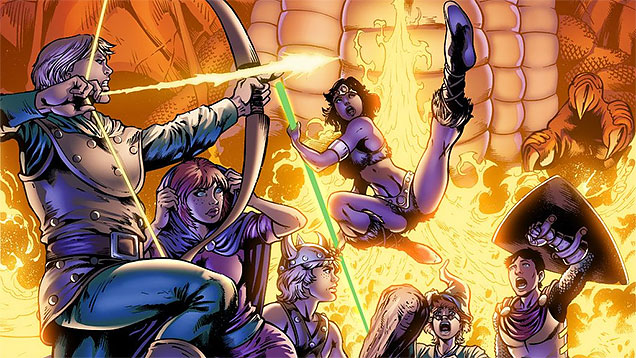
What We Might Get
To be fair, there have been some interesting works of fiction that examine the experience of roleplaying rather than trying to replicate it for the audience, and a film that digs into that conceptual space might have some merit (although The Knights of Badassdom suggests its harder than it looks). The current comic books series, Die, takes a leaf out of the old Dungeons & Dragons cartoon’s book, thrusting a group of 40-somethings into the fantasy world they created at the gaming table as teens. Meanwhile, the comic strip Table Titans tracks parallel stories: one in the game being played, the second in the personal lives of the players.
The thing is, we’ve seen movies that take this tack. And quite recently, too, but D&D is not Jumanji – or, at least, the experience of play is not the same as the computer game experience being lampooned in the current Jumanji flicks. Really, the best take on fantasy gaming isn’t about gaming at all: The Princess Bride, with its mix or arch humour, heartfelt romanticism, derring-do, and fairytale narrative logic, cleaves closer to the tone of a good tabletop game than any actual attempt to do so.
But we are not gonna get The Princess Bride, my friends. That’s rarefied air. Glass half full, though: we’re also unlikely to get something akin to Your Highness, the dreadful fantasy bro-comedy that saw James Franco, Danny McBride and, for reasons that elude everyone, Natalie Portman grimace their way through a painfully snide fantasy pastiche. That movie’s failure at least proved that the geek community will not show up when the joke is so clearly at their expense.
Unless someone rolls a natural 20 and pulls off something comparable to The LEGO Movie’s level of unlikely artistic merit, Dungeons & Dragons: The Movie will be another banal attempt to transliterate an experience that only really lives in the medium it was grown in. So I guess if you liked Tomb Raider, you’re in for a good time.

